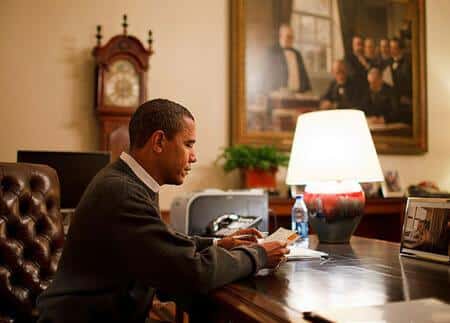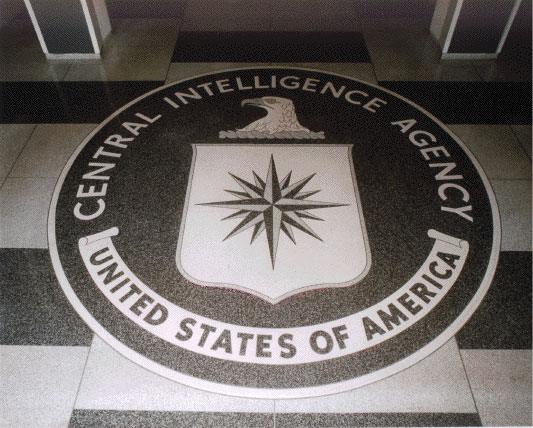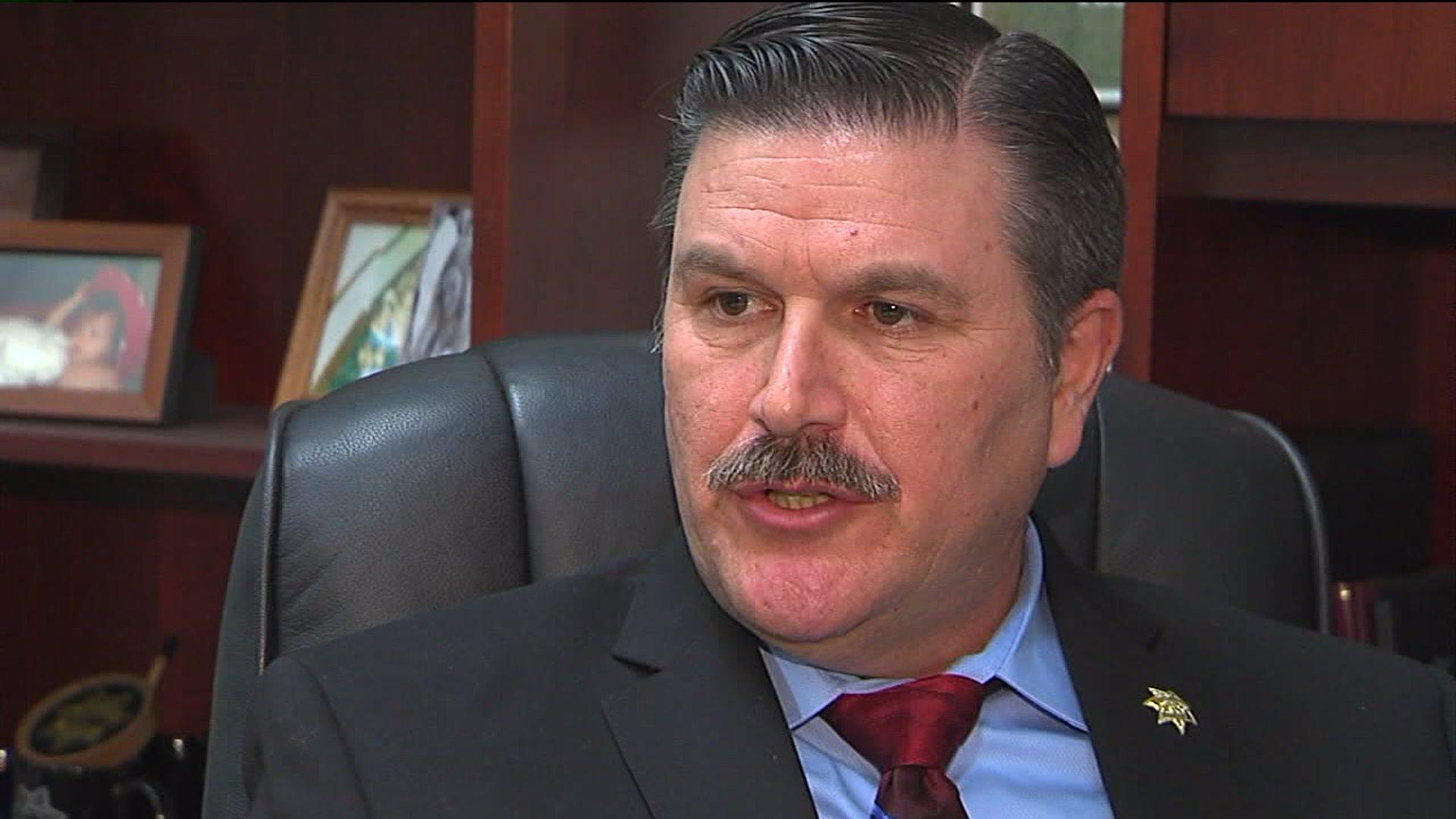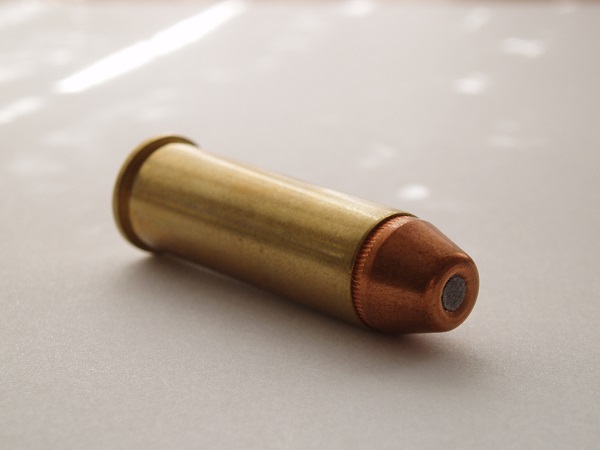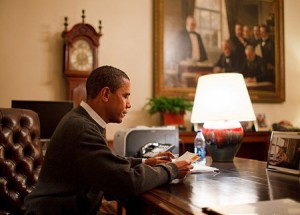
WASHINGTON — Upon return from his ten-day tour of Asia, President Obama gathered with newly empowered Republican leaders for the first time since the election. Both sides expressed a desire to avoid political gridlock. In a conciliatory move, the President’s chief counsel filed congressional forms requesting the House Judiciary Committee to schedule the traditional impeachment hearings required when a Republican majority faces a sitting Democratic president.
“Over the last two years, we’ve made progress,” Mr. Obama said at a White House news conference. “But now it is time to join the time-honored tradition of impeaching a president who takes a shellacking in the midterm elections. I bear responsibility for that.” The president added that by taking the initiative in his own impeachment, he provided a common ground on which he and the Republican leadership could work together over the coming year and avoid the sort of “political logjam that lacks entertainment value for American citizens.”
The Republican leadership was quick to suggest that the President might not have fully absorbed the lessons of his drubbing. “The President’s filing is a bit of a weak move,” said Senator Patty McConnell of Kentucky. “We’re going to need more cooperation than mere impeachment if we’re to have a more fruitful session.” Republican Senator Harry Bennet of Vermont noted “the President’s embrace of impeachment isn’t heroic. It’s merely his duty. The liturgy required it at just this point.”
More conciliatory than contrite, Mr. Obama used the phrase, “take responsibility for my own impeachment,” six times but rejected the suggestion that his policies were moving the country in the wrong direction. He conceded that legislation to limit cattle flatulation was dead and said he was “certainly” willing to negotiate the extension of bailouts for the wealthy. But he drew the line at any major retreat from signature priorities, saying he would agree to “tweak” his health care program but not give on which insurance companies would benefit most.
When asked which accusations of “high crimes and misdemeanors” the President proposed in his filing, Mr. Obama said he was “very eager to sit down” with Republicans and lay out “a whole bunch of charges where we can agree.” He declined to go into specifics before conferring. “Let me just say that I have left plenty of blank spaces in my forms.”
Making his debut as speaker in waiting, John A. Boehner of Ohio predicted that he would be able to “work well on drawing up Articles of Impeachment and filling in the President’s blank spaces alongside the incoming conservative class recently elected,” he said. “I’ve been assured that a majority of the House Judiciary Committee will vote to send the articles on, whether all the little blanks are filled in or not.”
The Democratic leader Senator Harry Reid of Nevada emerged to argue that the lesson of the election was that voters want more cooperation from the parties, especially on impeachment. The onus, he said, is on Republicans. “Republicans must take their responsibility to resolve the impeachment issue quickly and cleanly,” Mr. Reid said in a conference call with reporters. “No is not the answer. It has to be yes. Not our yes, but a combined yes, something we work out, a consensus yes. The time for politics is over.”
At the close of the press conference, Mr. Obama noted, “Impeachment is something that I think every president needs to go through. In the rush of activity, sometimes we lose track of the ways that we won voters in the first place – the promise of conciliation and agreement.” When asked about the politics that accompanies evidentiary hearings in the House of Representatives, Mr. Obama explained, “Despite necessary ugliness that always seems to follow impeachment proceedings, I do believe there is hope for civility.”


